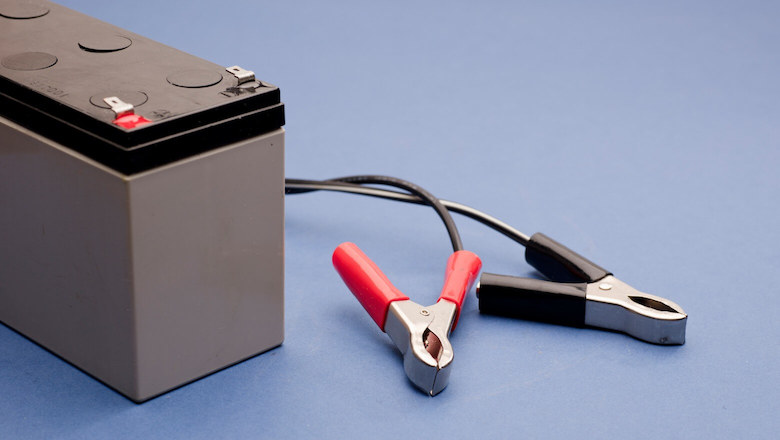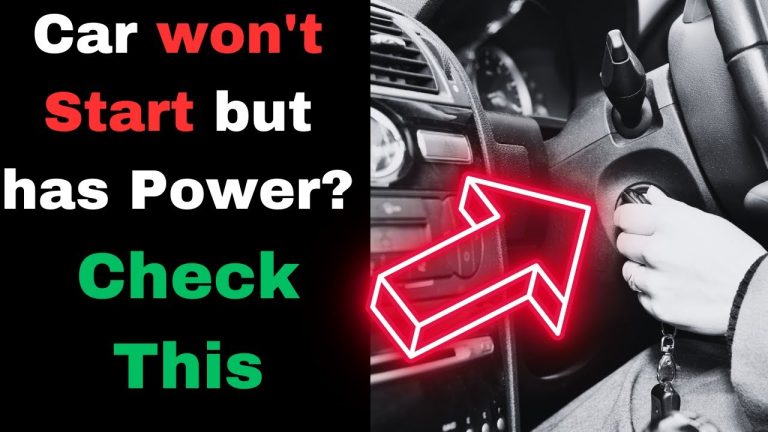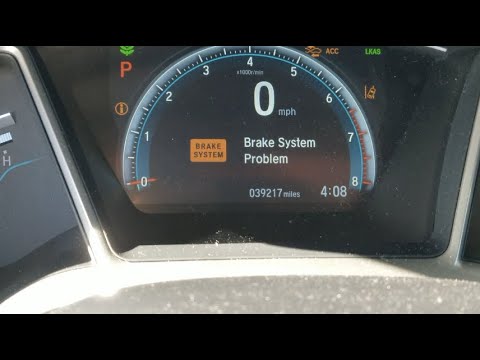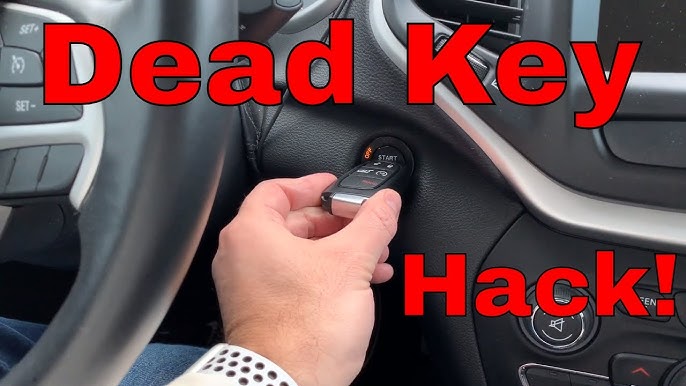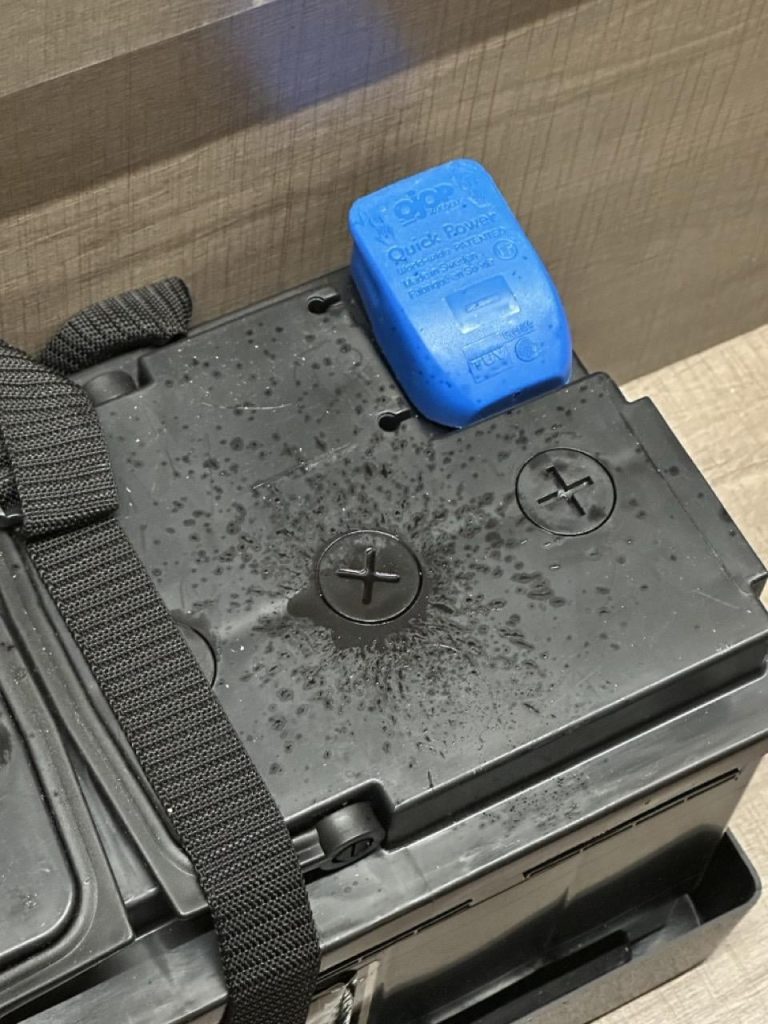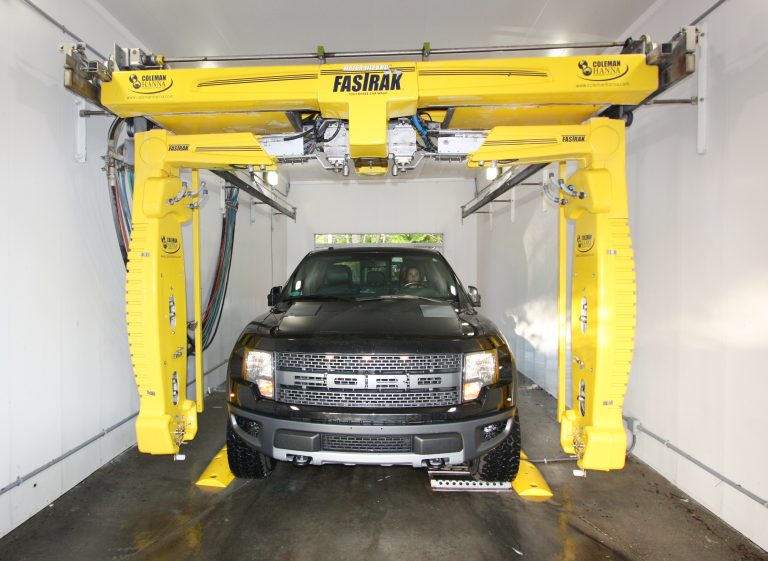How Long Can Car Battery Last Without Driving: Maximize Lifespan
A car battery can last about two to four weeks without driving before it loses enough charge to prevent starting. Factors like battery age, weather, and electronics left running affect lifespan. Regular short drives or using a battery maintainer helps extend its charge when the vehicle isn’t used.
If you’ve ever wondered how long your car battery can last without driving, you’re not alone. Understanding this can save you from unexpected headaches and ensure your vehicle is always ready to go when you are. We’ll dive into the lifespan of a car battery when your car is sitting idle.
You’ll learn how to keep your battery healthy and avoid the hassle of being stranded. Stick around to discover simple tips that could save you time, money, and stress.
How Long Can Car Battery Last Without Driving
Car Battery Lifespan Factors
Understanding the factors that affect your car battery’s lifespan can save you from unexpected breakdowns. Not driving your car regularly can lead to battery issues faster than you’d think. Let’s dive into what influences the longevity of your car battery when your vehicle is sitting idle.
Temperature Extremes
Think about how your phone behaves in extreme cold or heat. Your car battery isn’t much different. Hot temperatures can lead to evaporation of battery fluid, while cold can reduce its power output. Storing your car in a garage or shaded area can help mitigate these effects.
Age Of The Battery
Much like humans, batteries age and become less efficient over time. A battery typically lasts three to five years. If yours is nearing the end of its life, consider it a ticking time bomb. Regularly check the manufacturing date to anticipate its lifespan.
Read more: How Long Can Car Battery Last Without Driving: Maximize Lifespan
Car’s Electrical Usage
Even when parked, your car might be silently draining the battery. Features like alarms, clocks, or any device plugged in can slowly eat away at the charge. Unplug unnecessary devices and turn off features when not in use. This simple step can extend your battery’s life.
Maintenance Habits
How often do you check your battery? Regular maintenance can prevent premature failure. Clean the terminals and check for corrosion. A little TLC can go a long way. It’s like brushing your teeth to avoid cavities.
Driving Frequency
Cars are meant to be driven, not parked for long stretches. Short, infrequent drives might not fully recharge your battery. Consider using a trickle charger if your car sits idle for extended periods. This device can mimic the effects of driving and keep your battery healthy.
Remember, a dead battery can leave you stranded at the worst possible time. What steps can you take today to ensure your car battery stays charged and ready? Regular checks and smart storage solutions are your best bet. So, are you ready to take control of your car battery’s lifespan?

Credit: www.jdpower.com
Read more: How to Check Miles on a Car: Expert Tips Revealed
Effects Of Inactivity
Car batteries need regular use to stay healthy. When a car sits idle, the battery loses charge. This can lead to various issues over time. Inactivity impacts a car battery’s lifespan. Understanding these effects helps in maintaining battery health.
How Inactivity Drains The Battery
Car batteries discharge slowly when not in use. Even when the car is off, small systems run. Alarms and clocks use the battery. This slow drain can empty the battery. Without regular use, the battery weakens over time.
The Impact On Battery Life
A car battery lasts longer with frequent driving. Inactive periods shorten its lifespan. The battery may not charge fully after sitting. Short trips might not recharge it enough. This can lead to a dead battery.
Potential For Sulfation
Sulfation occurs when batteries sit for long. Lead sulfate crystals form inside. This hinders the battery’s ability to hold a charge. Sulfation can damage the battery permanently. It reduces efficiency and life.
Weather Conditions And Inactivity
Cold weather affects inactive batteries more. Low temperatures slow chemical reactions. The battery becomes less efficient. Hot weather can also be harmful. High heat speeds up self-discharge. It can cause the battery to fail sooner.
Maintaining Battery Health During Inactivity
Start the car once a week if not driven. This helps recharge the battery. Use a battery maintainer for longer periods. It keeps the battery charged. Park in a garage to shield from extreme weather. This helps maintain optimal temperature.
Signs Of A Dying Battery
A car battery can last up to two weeks without being driven. Signs of a dying battery include slow engine cranking, dim lights, and a clicking sound when turning the key. Regular checks and short drives can help maintain battery health.
A car battery is an essential component that powers your vehicle. But what happens when you leave your car sitting idle for too long? You might notice signs that your battery is losing its charge. Recognizing these signs early can save you from being stranded when you least expect it.
1. Slow Engine Crank
When you turn the ignition key, does the engine struggle to start? A slow engine crank is one of the earliest signs of a dying battery. It indicates that the battery is not providing enough power to start the engine efficiently. If you notice this, it’s time to consider a battery check-up.
2. Dim Lights And Electrical Issues
Have you ever noticed your headlights dimming while your car idles? This could be a sign your battery is weakening. Dimming lights, flickering dashboard indicators, or malfunctioning electrical systems often point to a battery issue. Consider it a red flag if the electronics in your car are not performing as they should.
3. Check Engine Light
Is your check engine light on for no apparent reason? A failing battery can sometimes trigger this warning. While there are various reasons for this light to appear, a weak battery is a common culprit. Always investigate further to determine if your battery is the source of the problem.
4. Swollen Battery Case
Have you ever taken a look at your battery and noticed it’s swollen? A bloated battery case can occur due to extreme temperatures or internal malfunctions. This physical change indicates that your battery might be on its last legs. It’s an unmistakable sign that you need to replace your battery soon.
5. Unpleasant Odor
Have you detected a rotten egg smell near your car? This odor often comes from a leaking battery. Sulfuric acid might be escaping, which can cause corrosion and damage to other car parts. If you notice this smell, it’s crucial to get your battery checked immediately. Identifying these signs early can prevent inconvenient breakdowns. Have you experienced any of these symptoms with your car? Taking action now can save you from unexpected hassles down the road.
Maintenance Tips
Proper maintenance can extend your car battery’s life without frequent driving. Regular check-ups and simple steps can prevent unnecessary wear. Let’s explore some effective tips to maintain your car battery.
Check Battery Connections
Loose connections can drain the battery faster. Ensure terminals are tight and free from corrosion. Clean them with a mixture of baking soda and water if needed. This keeps the battery efficient and reliable.
Start The Car Regularly
Start your car at least once a week. Let it run for 10-15 minutes. This practice charges the battery and prevents it from dying. Even short drives can help keep the battery in good shape.
Use A Battery Maintainer
Consider using a battery maintainer or trickle charger. It keeps the battery charged when the car is idle. This device is especially useful in cold weather. It helps maintain the battery’s health over time.
Store In A Cool Place
Heat can damage your car battery. Park your car in a shaded or cool area. Avoid direct sunlight to extend battery life. A garage or covered parking spot is ideal.
Inspect For Damage
Regularly inspect the battery for any signs of damage. Look for cracks or leaks on the battery casing. Addressing these issues promptly ensures the battery lasts longer.
Keep The Battery Charged
If not driving often, recharge the battery every few weeks. Use a charger designed for car batteries. This ensures the battery remains functional and dependable.
Limit Electronic Use
Avoid using electronic devices when the engine is off. Radios, lights, and chargers drain the battery quickly. Ensure all devices are turned off before leaving the car.
When To Consider Replacement
Car batteries can drain if left unused for too long. Consider replacement when the car is idle for over a month. Symptoms like slow engine start or dim lights indicate battery weakening.
When your car battery starts showing signs of weakness, it might be time to consider a replacement. But how do you know when that moment has come? Understanding the lifespan of your car battery without frequent use can guide you in making informed decisions. Driving habits and environmental conditions significantly affect battery life. If your car sits idle for weeks or months, the battery may start to lose its charge.
Signs Your Battery Needs Replacement
A sluggish engine start is a clear indicator. If turning the key is met with a slow, tired cranking sound, your battery may be on its last legs. Dimming headlights can also point to a weak battery. If they appear less bright than usual, it’s worth checking the battery’s voltage.
Age Of The Battery
Most car batteries last between three to five years. If yours is nearing the latter end of this range, consider having it inspected. Battery age is crucial. Even if the car hasn’t been driven much, an old battery can deteriorate simply due to time.
Corrosion And Physical Damage
Take a look at your battery. Corrosion on the terminals is a red flag. It can disrupt the connection between the battery and the car. Physical damage like cracks or bulges are serious signs that replacement should be immediate.
Frequent Jump Starts
Have you needed to jump start your car more than once in recent months? This inconvenience is more than a hassle; it’s a sign of a failing battery. Jump starts provide only a temporary solution. If this has become a regular occurrence, a new battery might be your best bet.
How Long Has Your Car Been Idle?
Consider the periods your car has remained parked. A battery can discharge over time, especially if the car hasn’t been driven in a while. Even if you’re not driving, starting the car occasionally can help maintain the battery’s charge.
Impact Of Weather Conditions
Weather plays a role in battery life. Extreme temperatures, both hot and cold, can shorten a battery’s lifespan. In colder climates, batteries can lose charge faster. In hot regions, they can overheat and fail prematurely.
Seeking Professional Advice
If uncertain, consult a professional. They can test the battery’s charge and offer recommendations. Experts can provide peace of mind, ensuring you’re not stranded with a dead battery. So, next time you wonder about your car battery’s health, ask yourself: is it time for a replacement?
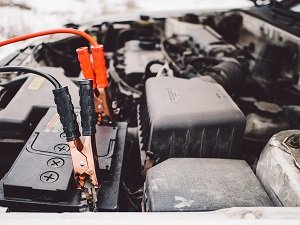
Credit: www.ivautorepair.com
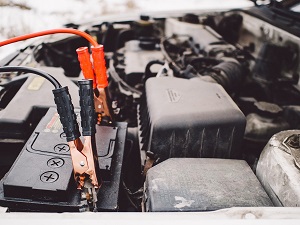
Credit: www.brookshuff.com
Frequently Asked Questions
How Long Can I Leave A Car Battery Without Driving?
A car battery can typically last 2-3 weeks without driving. Regularly starting the car can extend its life. Use a battery maintainer for longer periods to prevent drainage. Cold weather can shorten battery life, so consider garage storage or insulation during winter months.
- How Long Can Car Battery Last Without Driving: Typically 2–4 weeks before losing charge.
- Battery lifespan depends on age, condition, and weather.
- Starting the car weekly or using a trickle charger helps prevent drain.
Can A Car Battery Die From Not Driving?
Yes, a car battery can die from not driving. Lack of use leads to battery discharge. Regular short drives or using a battery maintainer helps. Batteries naturally lose charge over time. Cold weather accelerates this process. Regular maintenance extends battery life.
How Often Do I Need To Drive My Car For The Battery Not To Die?
Drive your car at least once a week for 20 minutes. This keeps the battery charged. Regular driving prevents the battery from dying. Consider a battery maintainer if your car sits idle for extended periods.
Conclusion
A car battery‘s life depends on various factors. Weather, age, and usage all play roles. Without regular driving, it may drain faster. Regular checks and maintenance can help. A battery might last a few weeks to months when idle. Disconnecting it can extend its life.
Consider using a trickle charger. This keeps it charged without driving. Stay proactive to avoid unexpected issues. Remember, a well-maintained battery lasts longer. Keeping an eye on it ensures reliability. Ensure you start your car periodically. This simple action can save you trouble.
Stay informed and keep your battery healthy.

